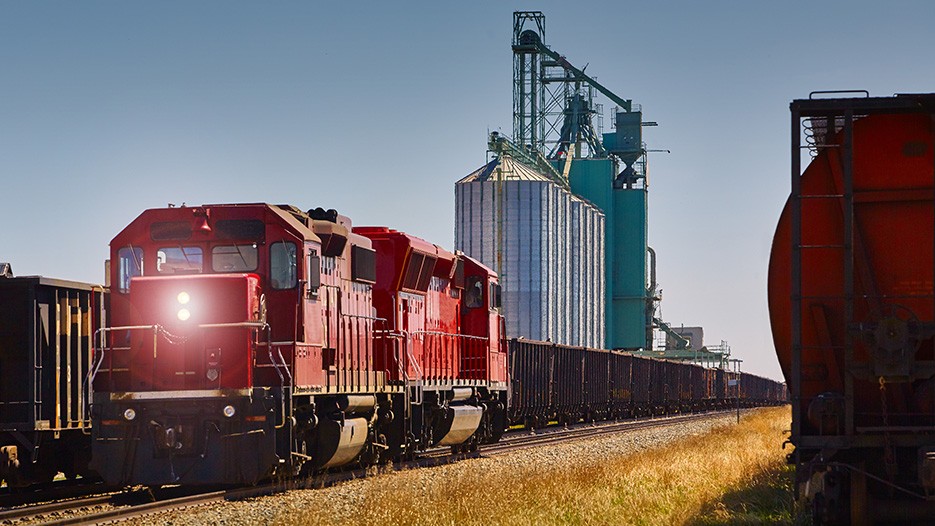Ocean freight rates for shipping bulk commodities, including grain, continued to rise in the second...
Unfilled Grain Car Orders Increased Nearly 50% in 2021

Recent analysis by American Farm Bureau finds the number of unfilled grain car orders increased by nearly 50 percent last year.
Ag economist Danny Munch defines unfilled orders as those that are a day or more delayed to buyers, like grain elevators. Many waited much longer to get the railcars they needed. “Over half of those orders that were one or more days overdue were also 11 or more days overdue, which really shows some of the severity of that disruption,” he explains.
According to Munch, persistent labor shortages, along with railroads liquidating assets during the first half of 2020, contributed to the delays.
“As there’s an increase in pressure for railcars and grain across the world, especially with some of those other geopolitical issues, there’s a limited inventory of grain cars,” says Munch.
BNSF and UP, which control most of the grain movement in the U.S., had the largest delays and run from east of the Mississippi westward.
“Most of the unfilled orders are in the Upper Plains region - over 43,000 in North Dakota, over 20,000 in Minnesota, nearly 15,000 in Nebraska, and over 15,000 in Kansas,” explains Munch. “Shippers also had added costs as they navigated secondary markets for railcars and delays continued all along the grain supply chain from the disruptions.”
Editor’s Take:
What is going on? Supply chain disruptions everywhere we look. Railcars are essential to moving grain from production areas to ports and milling facilities across the U.S. Any disruption or delay can cause major backlogs in shipping grain to customers overseas or stocking the grocery store shelves with all types of products right here at home. Between ship delays and availability - and now railcar shortages and delays – higher costs are ultimately passed on to consumers, and you know what that means…







